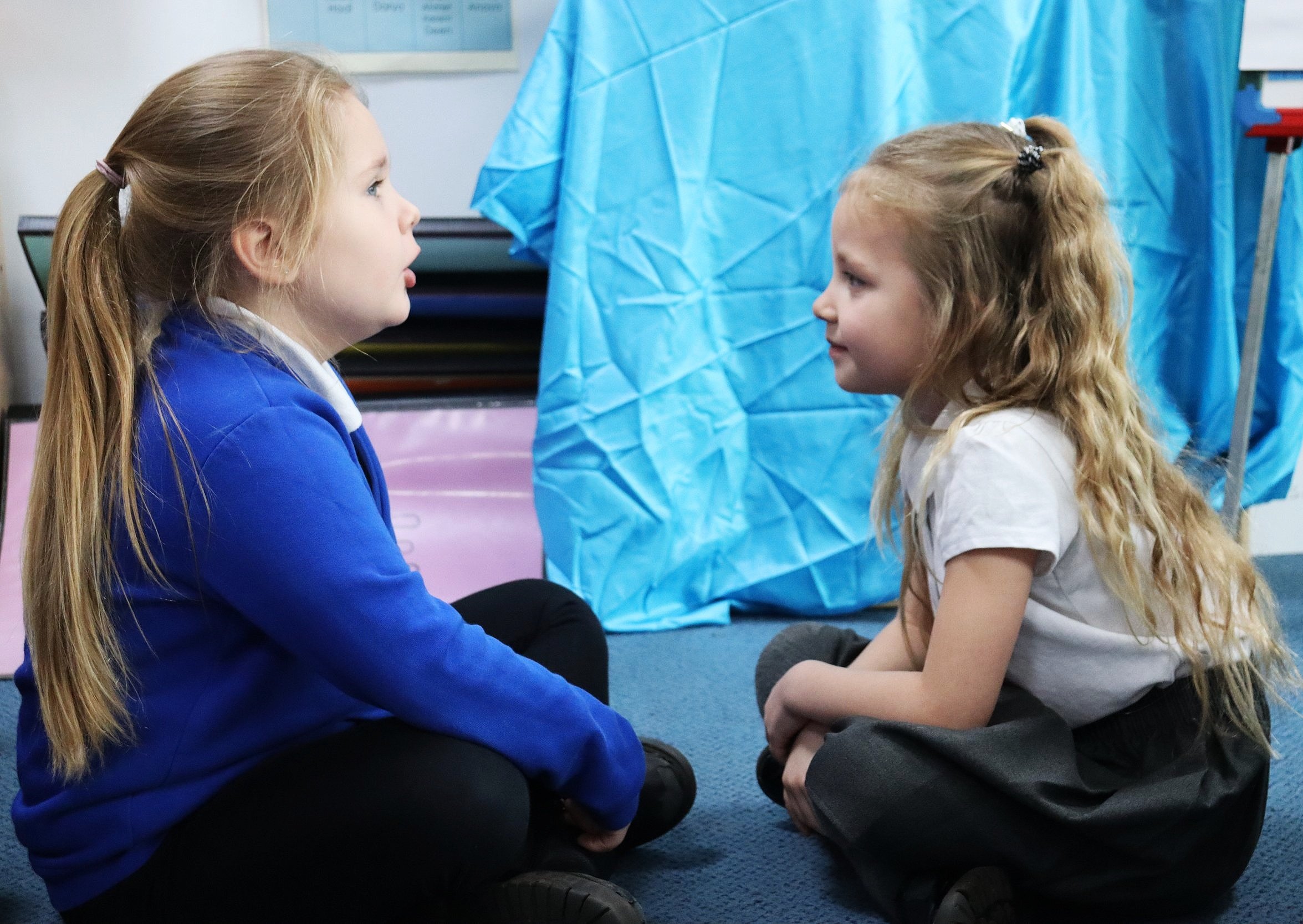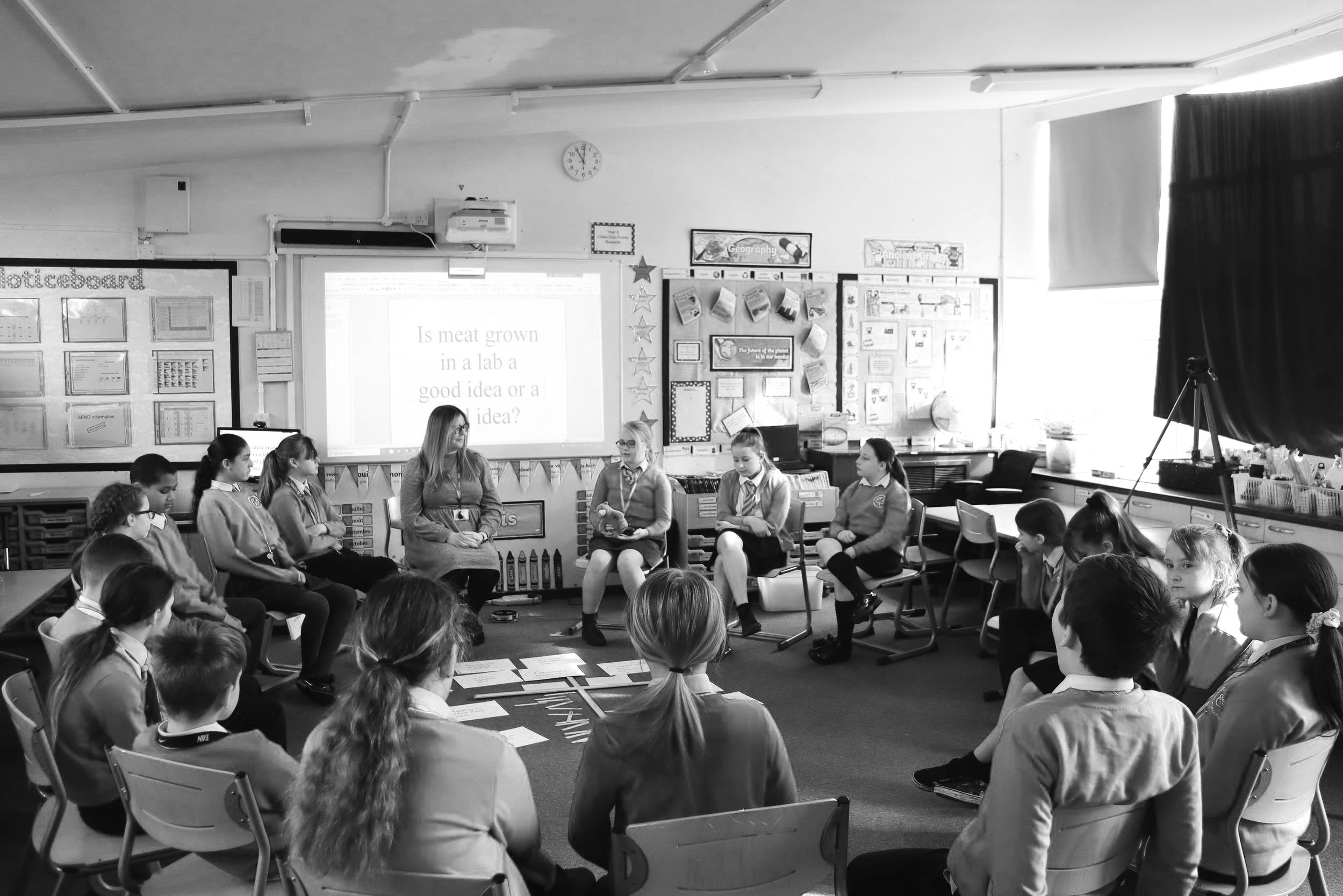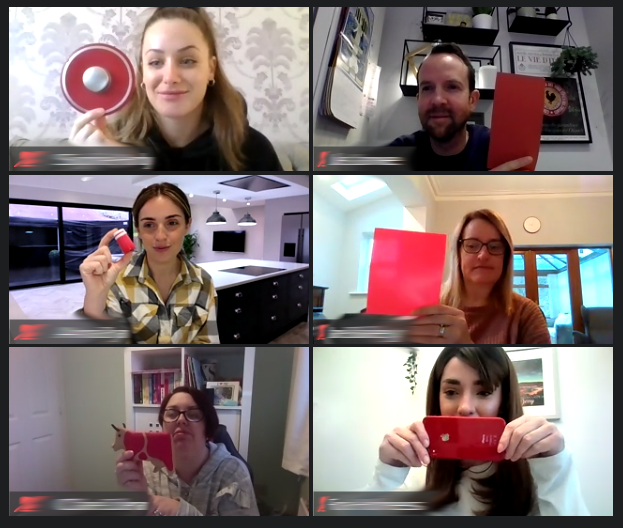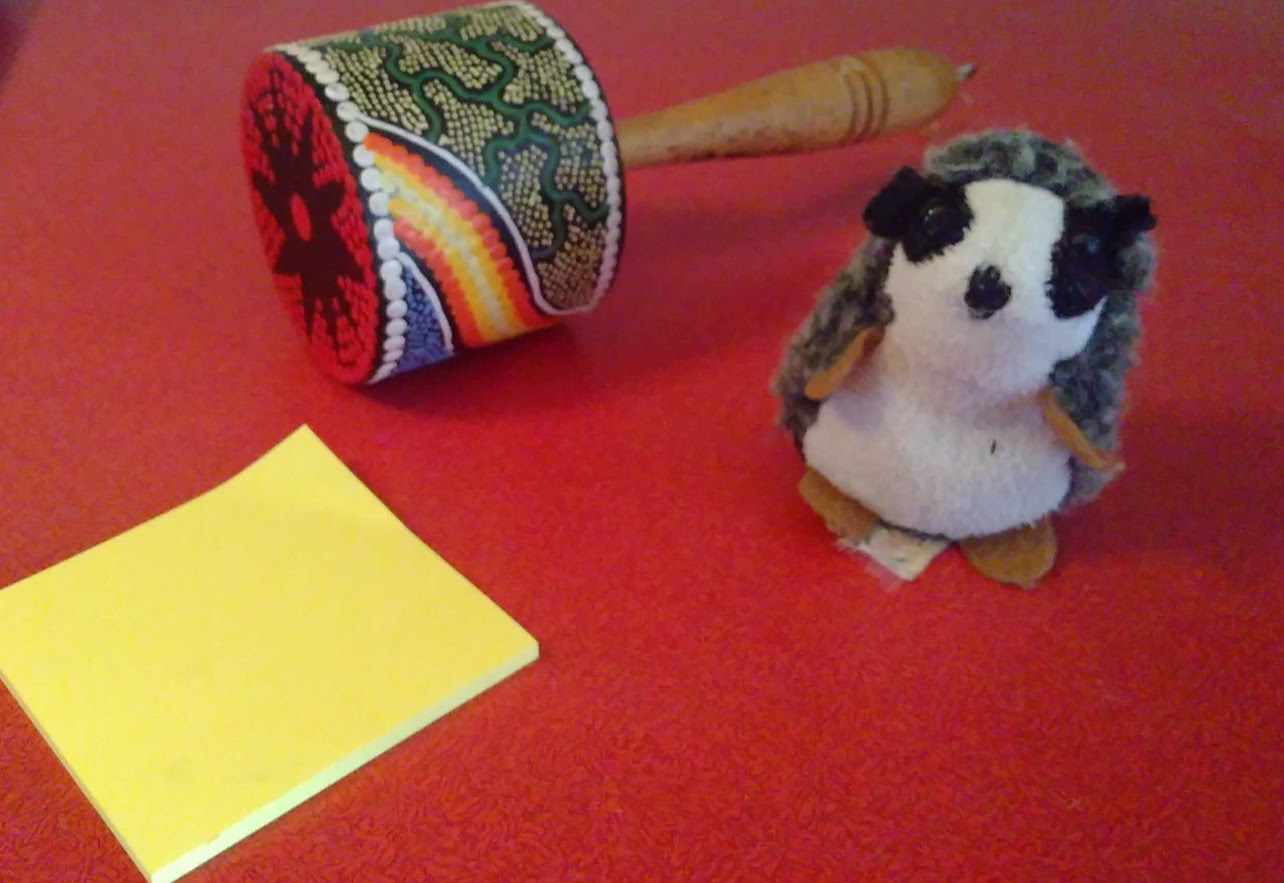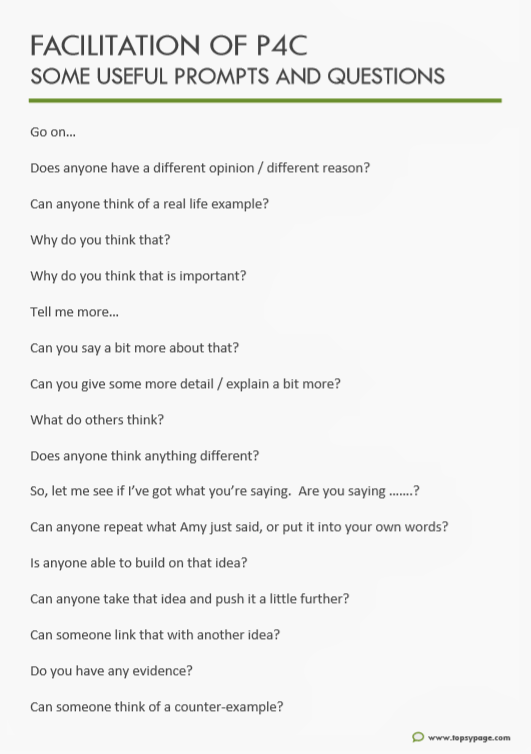
When I say to children I want them to argue with each other, their initial response is almost always shock. They gasp and say We can’t argue! That’s wrong!
The second definition of ‘argue’ (Lexico.com) refers to angry exchanges... but the first is
Give reasons or cite evidence in support of an idea, action, or theory, typically with the aim of persuading others to share one's view.
Reasoning, justifying and persuading are useful skills across all subjects. I’m sure some pupils who are surprised to be encouraged to argue have done ‘balanced argument’ tasks, so I wonder why they mainly think of the negative meaning. Maybe they have been told many times ‘Stop arguing!’
Opportunities to explore disagreement
I’ve realised, though, it’s not just about the word ‘argue’. The children are surprised that I am inviting disagreement, that I want them to challenge each other.
However, with structured opportunities, they see that
they can disagree respectfully
challenge and questioning can be enjoyable and productive
‘arguing’ helps them gain a deeper understanding of others, and of themselves.
Let’s help children learn the skills of constructive dialogue.
An oracy game, a mental workout, and an opportunity to practise respectful challenge
The advantages of getting students to pass the talk to each other
If you’re not yet doing P4C – this video will convince you. If you are, it will convince you to do more.
The importance of modelling constructive talk.
Generating dialogue, comparing concepts, deepening understanding.
Ensure consistency and impact for high-quality pupil dialogue.



